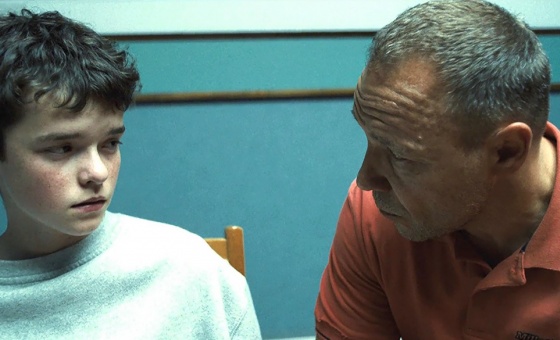This is the last article you can read this month
You can read more article this month
You can read more articles this month
Sorry your limit is up for this month
Reset on:
Please help support the Morning Star by subscribing here
IN ECOCIDE, David Whyte seeks not to dole out blame to specific corporations for climate change but instead to show that the structure of a corporation is inherently deadly to humanity – and in this he succeeds.

The book covers what a corporation is, traces the history of corporate capitalism and critiques modern attempts to control corporations through regulation. Throughout, Whyte threads in the story of the first recorded profit-making corporation, which serves to illustrate his central thesis.
The Swedish mining corporation Stora Kopperberg came into being in 1288 and has existed continuously until today as the paper-producing firm Stora Enso, which is now involved in destroying the Amazon rainforest.
Whyte argues that the “legal person” of a corporation is not just a convenient fiction but a structural disaster for humanity.
An emotive writer, his book is a compelling read. The modern corporation is the perfect vehicle for devouring nature, he contends, and it is “the loom” that braids together colonialism, genocide and ecocide — even imposing regulatory limits means only that it has been licensed to kill.
A professor of socio-legal studies, Whyte ranges across many fields. He employs concepts from political economy, legal theory and environmental studies with a fluency that is easy to admire.
He doesn’
t just dump jargon on the reader but explains the relevance of the ideas to societal issues, as when he outlines how a corporation can employ multiple “personalities” to circumvent any attempt to constrain its power.
Ecocide contains some arresting observations about modern capitalism and in one passage Whyte notes that Marx was writing at a time when the corporate economy had not yet fully developed, which helps to explain why socialist rhetoric that finds inspiration in Marx can appear old-fashioned, with a rhetorical focus on bankers and CEOs more typical than corporate entities.
Of course, attacking individuals is politically powerful but this perhaps is ultimately an unhelpful reflex. Yes, the system is rigged for individuals but the bigger picture is that it is rigged against all humanity.
As a diagnosis, Ecocide changed my perspective on the problem of climate change. Our true existential antagonists may not be powerful human billionaires but sprawling emergent beings — they never eat, drink, or sleep and only care about profit.
Future historians may wonder why 21st-century humans spent so much time speculating about hypothetical artificial intelligence while every day they worked in the service of real immortal beings to bring about the destruction of the natural world.
Whyte argues that if we try to reform the current system, “all we will be left with are solutions that someone can make a profit from” and the only ultimate solution is to “kill the corporation.”
It is difficult to argue with that. But how to do so is left as an exercise for the reader.
Published by Manchester University Press, £12.99.









